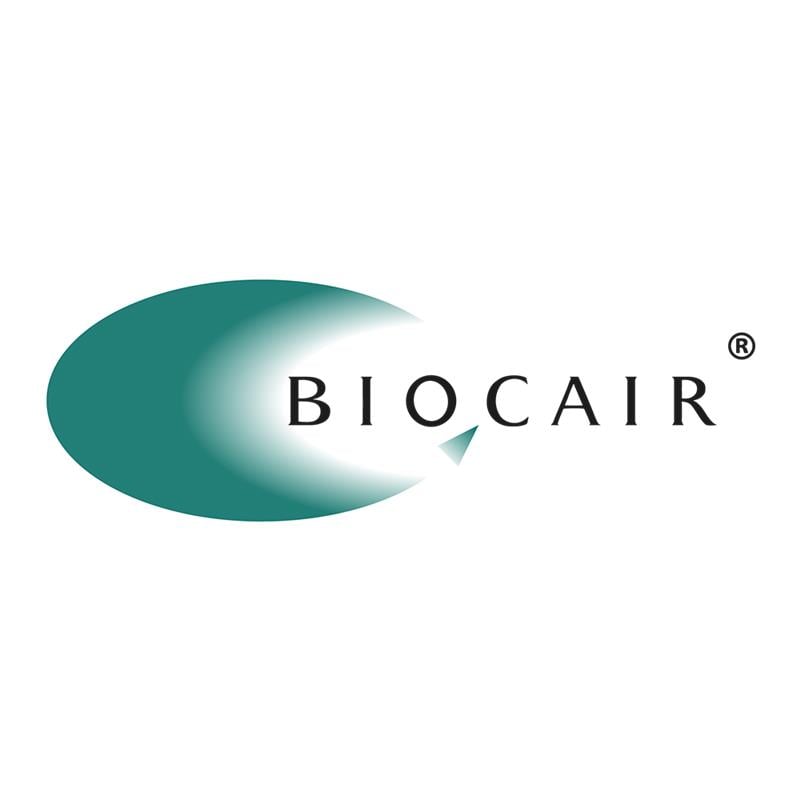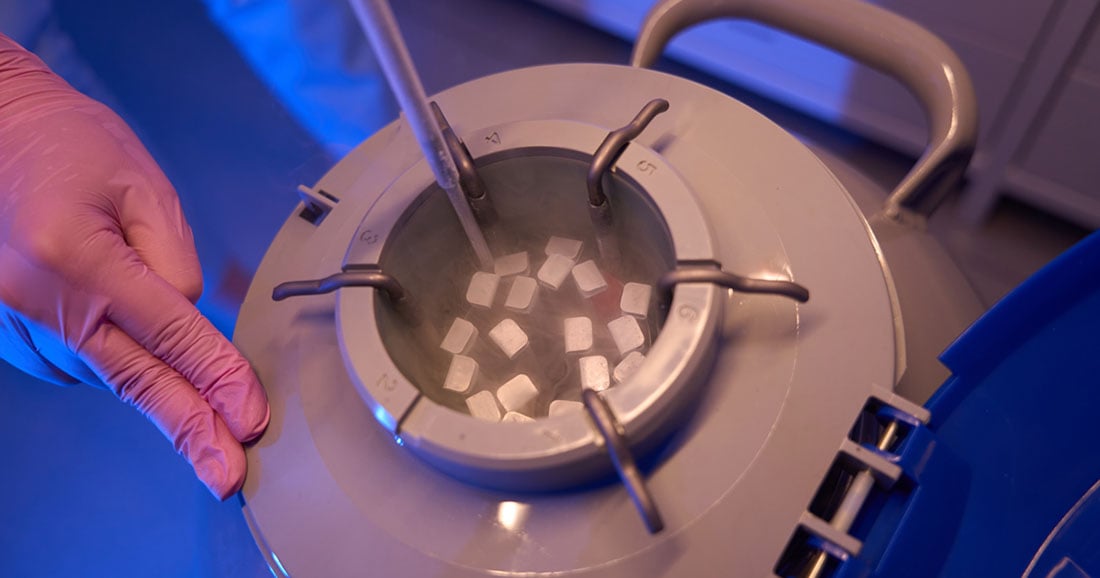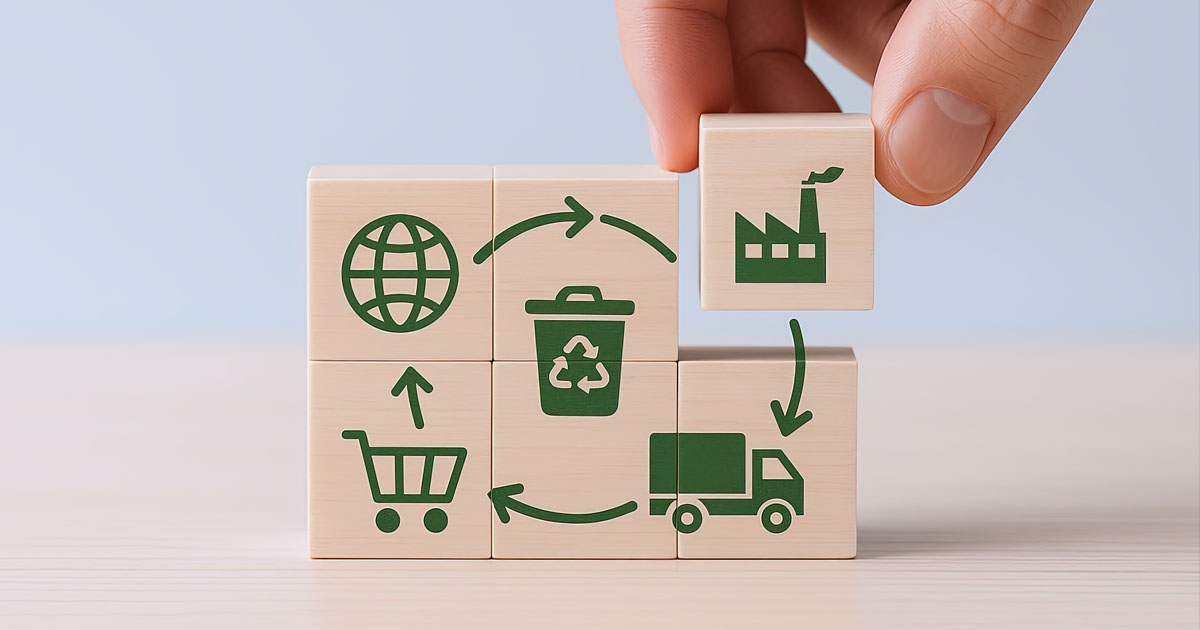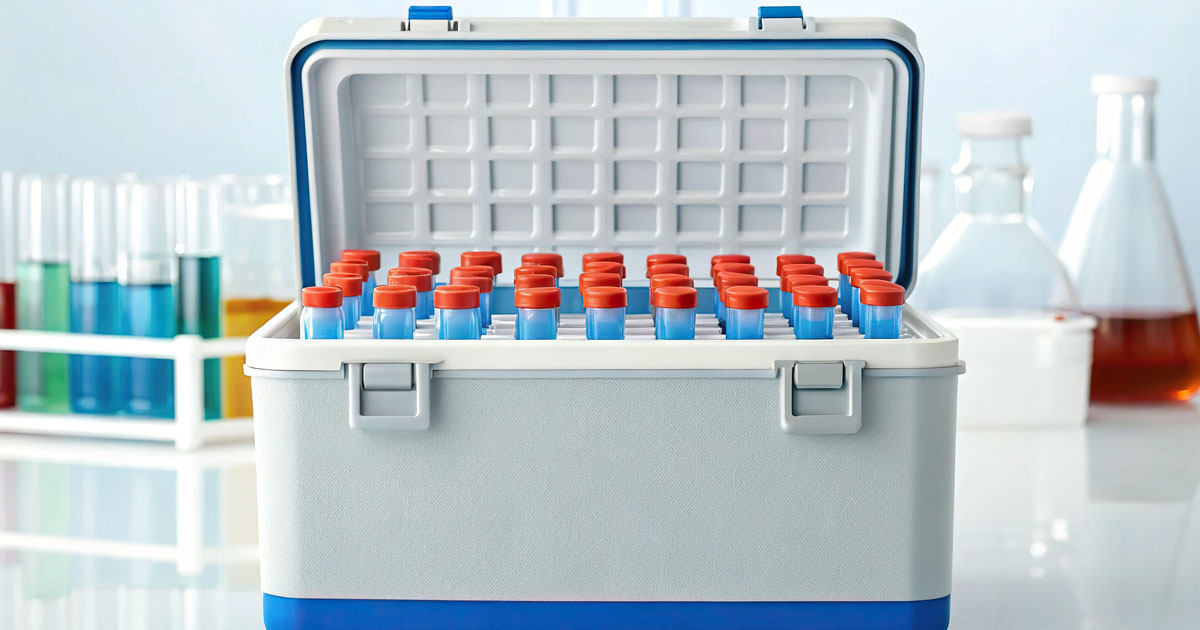In the rapidly evolving world of life sciences, cold chain logistics plays a crucial role in delivering temperature-sensitive products like vaccines, biologics, and advanced therapies. While today’s cold chain systems are highly specialized, the future promises an even more revolutionary transformation driven by cutting-edge technology and new approaches.
What might cold chain logistics look like over the next 5 to 20 years? Let’s explore some exciting innovations that could redefine how life science products reach patients safely and efficiently in the coming decades.
Smarter, Connected Packaging on the Horizon
The packaging industry is rapidly evolving, driven by ESG goals and the shift from single-use to reusable, sustainable solutions. As companies align with climate targets like the EU’s 2030 goal for fully recyclable packaging, innovation in cold chain logistics is accelerating. Reusable shippers, recyclable materials, and lighter packaging designs—such as configurable thermal insulation chambers—are helping reduce environmental impact while maintaining product integrity.
At the same time, smart packaging powered by IoT enables real-time tracking and temperature monitoring, improving return logistics and ensuring critical shipments, including medications and vaccines, arrive safely and on time. These advancements not only optimize supply chains but also support global healthcare by making treatments more reliable and accessible.
AI and Predictive Analytics: A Game-Changer for Complex Supply Chains
Artificial intelligence and machine learning hold the potential to revolutionize cold chain logistics by enabling predictive route planning and disruption management.
Within the next decade or two, AI-powered systems might analyze variables like weather, geopolitical events, and traffic data to forecast delays and optimize shipping routes in real-time. This would allow logistics providers to proactively avoid risks and ensure the timely delivery of sensitive life science products—even in the most complex global networks.
Autonomous Vehicles and Drones: The Future of Last-Mile Delivery
The challenge of reaching remote or underserved patients could see dramatic innovation with the rise of autonomous vehicles and refrigerated drones.
While still in developmental or pilot stages today, over the next 10 to 20 years, these technologies may enable direct delivery of temperature-controlled medicines to rural clinics or even patient homes. This futuristic last-mile solution could vastly improve access to life-saving therapies worldwide, breaking down barriers that exist with current transportation methods.
The Evolution of Sustainability in Cold Chain Logistics
Environmental responsibility is becoming an essential consideration across industries, and cold chain logistics is no exception. In the future, we can expect a shift toward sustainable refrigeration technologies, reusable packaging materials, and renewable energy-powered cold storage solutions.
These advancements, still emerging today, could dramatically reduce the carbon footprint of cold chain logistics in the coming decades, aligning supply chains with global climate goals without compromising product integrity.
The Vitality of the Human Element
Even as technology evolves, the role of skilled logistics professionals will remain vital. Over the next 5 to 20 years, the workforce will likely require new expertise in digital systems, data analysis, and adaptive problem-solving to complement these emerging innovations.
Investing in ongoing training and fostering close collaboration between manufacturers, logistics providers, and healthcare partners will be key to successfully navigating this future.
Conclusion: Preparing for a Transformative Future
While current cold chain logistics are impressive in their own right, the next 5 to 20 years hold the promise of remarkable innovation—smarter packaging, AI-driven planning, autonomous deliveries, and more sustainable technologies.
These advancements have the potential to create supply chains that are more intelligent, resilient, and sustainable, improving how life science products reach patients globally.
For companies and stakeholders, staying informed and prepared for these changes will be essential in embracing the future of cold chain logistics—one that supports the evolving demands of tomorrow’s medicine.
Related Content:

Biocair
Cold Chain Solutions for Life Sciences and Pharma
Biocair is a global logistics provider specializing in pharmaceutical, biotechnology and life sciences supply chain solutions with nearly 40 years of experience. By assembling a team of best-in-class industry experts in quality, cold chain and regulatory compliance, Biocair focuses on providing the most comprehensive time-sensitive and temperature-controlled solutions.






